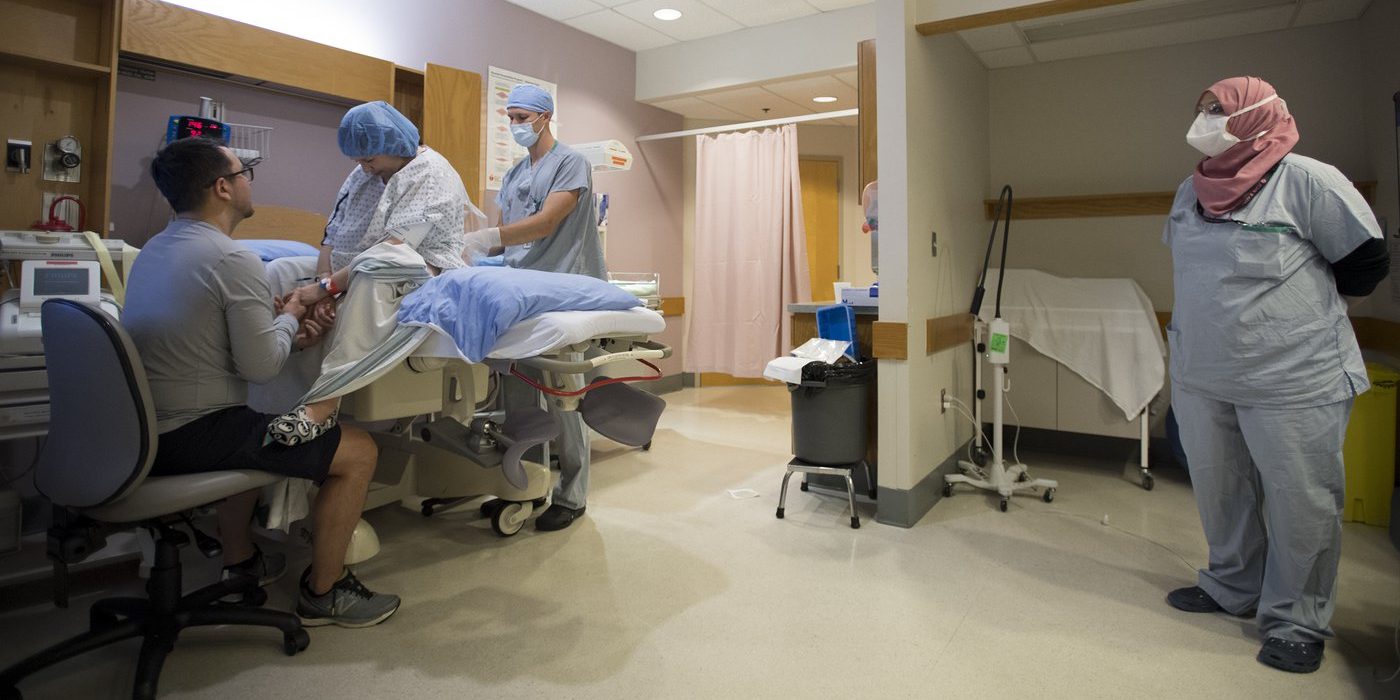Hamilton hospitals turn to alternative pain control as epidural, ibuprofen shortage hits Ontario
Published August 22, 2022 at 12:03 pm

Hamilton hospitals are offering alternative pain control methods in response to a North America-wide shortage of acetaminophen, ibuprofen, and epidural pain control and anesthesia used during child labour and some surgeries.
St. Joseph’s Healthcare Hamilton said on Monday that is closely monitoring the epidural shortage and “working diligently” to ensure they have an adequate supply for patients.
“We are also working with hospitals across Hamilton and the surrounding area to secure additional supplies and ensure health care teams make the best use of existing supplies,” according to St. Joe’s. “However, these widespread shortages may affect our ability to offer you epidural pain control during your labour and the birth of your baby.”
Hamilton Health Sciences McMaster Children’s Hospital posted a video on Instagram over the weekend regarding the shortages.
“With low stock of over-the-counter children’s pain relievers like acetaminophen and ibuprofen, it might be a good time to teach your child to swallow pills,” the post caption reads.
View this post on Instagram
St. Joe’s says it offers alternative pain control methods to an epidural that are safe and effective in making the labour and birth experience as comfortable as possible. The methods include:
- Injecting medication into the back to numb the feeling of pain below a certain level in the body
- Pain medication delivered through an intravenous (IV) or injected into the muscle
- Local anesthetic nerve blocks (Pudendal block)
- Therapeutic touch, breathing and positioning techniques, and other methods without medication.
It was reported last week by The Canadian Press that several Ontario hospitals are preparing for a shortage of epidural catheters.
Ontario’s health ministry said the province has an adequate supply of epidural catheters for now. Still, it will work with hospitals to track inventory and assess the need for redistribution of the devices when possible.
“Recently, some Canadian provinces have experienced shortages in the availability of epidural catheters due to supply chain issues,” spokesman Bill Campbell said in a statement.
The ministry said hospitals will receive instructions on how to assess and report on current inventory.
Meanwhile, the provincial agency Ontario Health is working with Health Canada, suppliers, distributors, manufacturers and other partners to “understand current and future supply” and “support a provincewide approach to equitable access to supplies,” Campbell said.
The agency is also convening a clinical working group to advise on the issue and what’s needed to offset potential effects on patient care, he said.
(With files from Maan Alhmidi, The Canadian Press)
insauga's Editorial Standards and Policies advertising





